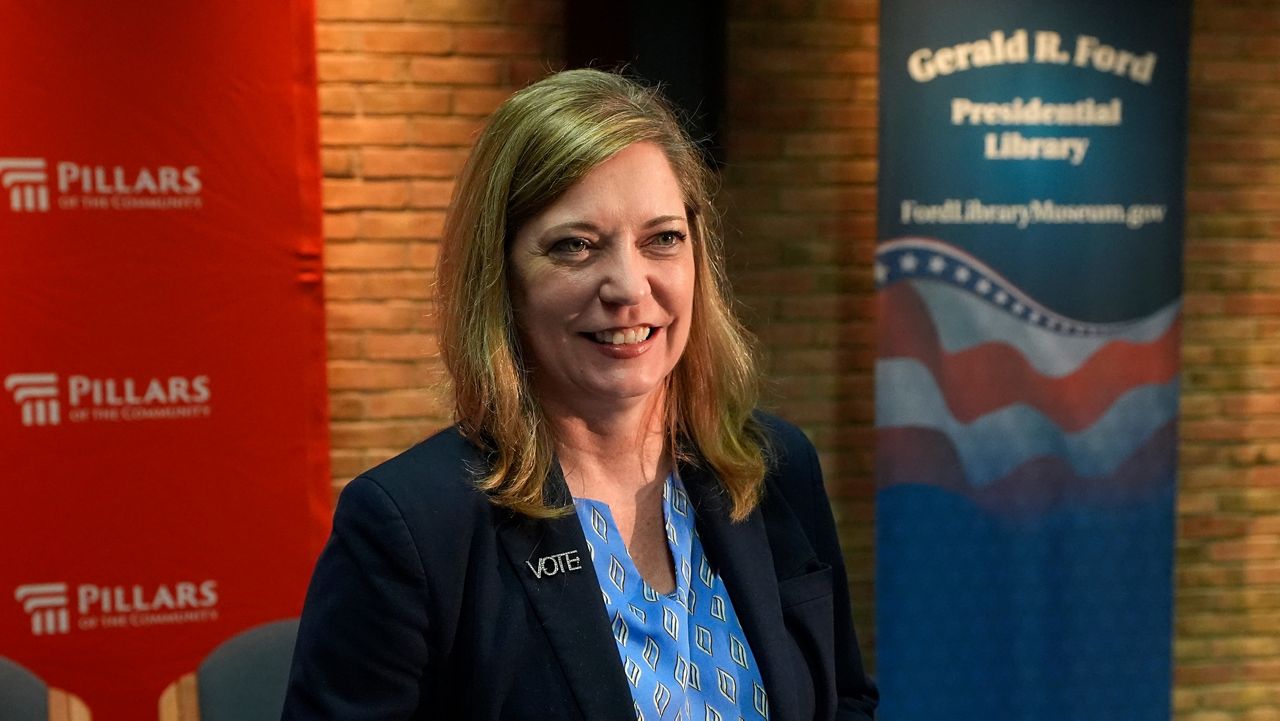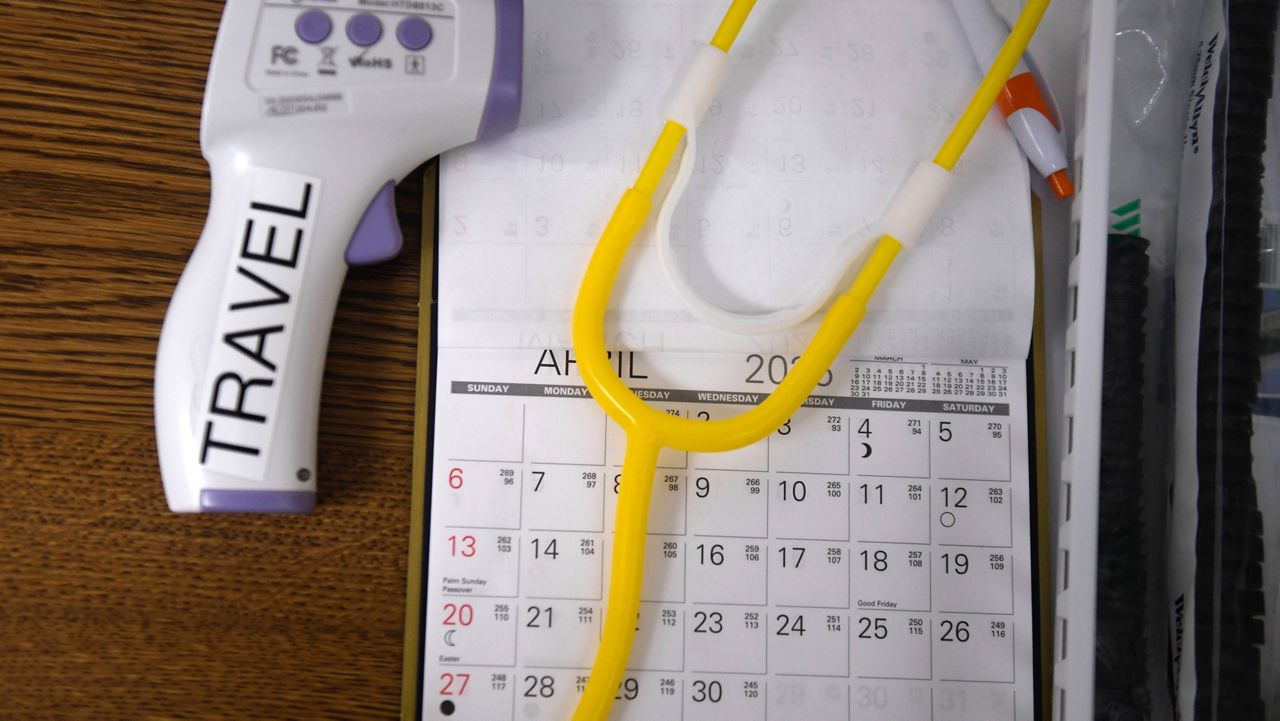DURHAM, N.C. — Since the Supreme Court overturned Roe v. Wade last month, some abortion rights supporters are worried about how abortion restrictions may impact in vitro fertilization treatment.
Some abortion rights supporters are worried about the future of IVF treatment in a post-Roe world
Fertility patient Karen McIntyre and her husband made the heartbreaking decision to get an abortion when she was around 20 weeks pregnant
Dr. Lauren Johnson of Carolina Conceptions worries overturning Roe could have an impact on fertility treatments and couples trying to conceive in the future
Karen McIntyre, 38, and her husband are unable to get pregnant naturally so they turned to IVF.
“We transferred the first embryo, and it worked,” McIntyre said. “And we were thrilled.”
She was around 20 weeks pregnant with a boy when their happiness was shattered. The couple found out their baby had a heart defect, Down syndrome and other abnormalities. McIntyre very much wants to have a baby, but she had to make what she calls a “heartbreaking decision.”
“It was shocking and sad, but it was also really surprising,” she said. “Because we had done genetic testing on our embryos, as part of the IVF process, and so these embryos had already been tested and been determined to be genetically normal.”
After a few days of intense research and consultations with health care professionals, the couple ultimately decided to end the pregnancy.
Then 37, McIntyre is a statistical outlier for abortion. The CDC says most women who have abortions are in their 20s. Nearly half of abortion patients are single and low-income, according to an abortion rights research group called the Guttmacher Institute.
“We made the decision for him, and for his potential future siblings, and for our relationship and mental health, and even for society at large,” McIntyre said. “And we made that decision completely out of love.”“We made the decision for him, and for his potential future siblings, and for our relationship and mental health, and even for society at large,” McIntyre said. “And we made that decision completely out of love.”
The couple had their son cremated and keep his ashes on their television stand.
They aren’t giving up about having a family. McIntyre is eager to try IVF again in another month or two.
“Not only is it physically and mentally taxing it’s also extremely expensive and rarely covered by health insurance,” McIntyre said. “So, you know, we’ve spent tens of thousands of dollars on this, and our effort to make a family.”
Some in the anti-abortion movement say they’re going to take on IVF and fertility clinics next, including the practice of discarding unneeded embryos.
“I’m worried because it doesn’t seem practical, it’s nonsensical. Like I said, what are you gonna do with all the embryos then? You can’t force a woman, to just keep transferring all of her embryos, to where she has dozens of kids, if that’s how many embryos she produces,” she said.
Since the Roe ruling, there are a lot of legal questions surrounding frozen embryos and genetic testing. McIntyre worries that without that testing, there will be more miscarriages and disabled children being born.
IVF and fertility treatment, just like abortion, remain legal in North Carolina, for now.
Dr. Lauren Johnson, a fertility specialist with Carolina Conceptions, says it’s important to know that the Supreme Court decision has a lot of implications that we may not know about right away.
“What ultimately each state decides about abortion going forward, could certainly have a huge impact on IVF and fertility care,” Johnson said. “I think it’s just so important that patients and people in general are aware of that connection so that they can make their voices heard for how they want their health care to look in North Carolina in the future.”










